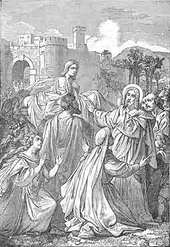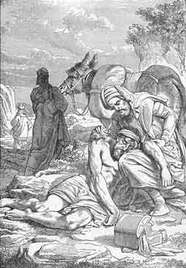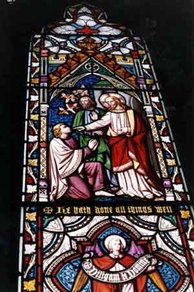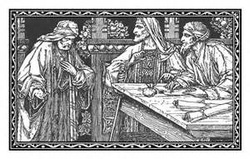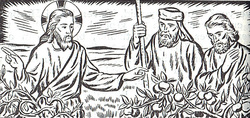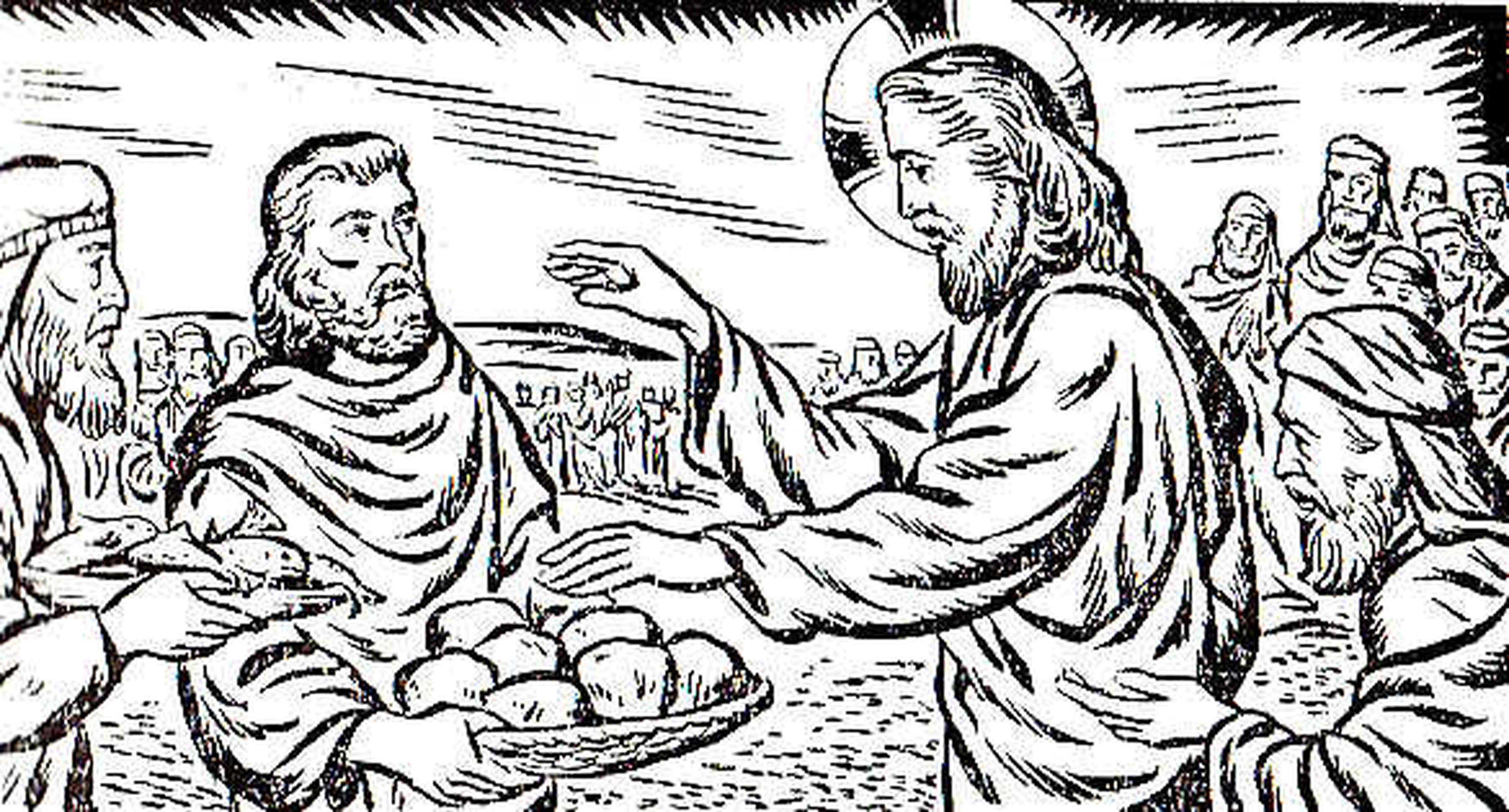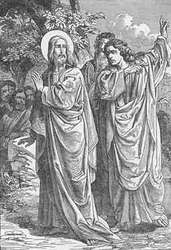
“On these two commandments depend the whole law and the prophets” (Matt., 22:40)
One of the most outstanding characteristics of Christ’s teaching is its great simplicity. In fact, He compressed His entire moral doctrine into two brief commandments, as today’s Gospel points out: “Thou shalt love the Lord thy God with thy whole heart and soul... Thou shalt love thy neighbour as thyself.”
We should realise however that in these words Our Lord was referring to supernatural charity-charity based on the goodness of God as made known to us through revelation. Moreover, we should also realise that true Christian charity requires that the love of God and the love of neighbour be bound together. Either one is impossible without the other. A person who would claim to love God and would not have love for his neighbour would not be truly loving God. In the words of St. John, “He who says that he is in the light, and hates his brother, is in the darkness still” (I John, 2:9). On the other hand, one who would love his fellowmen and not truly love God, might indeed be practising natural humanitarianism or philanthropy, but he would not be practising Christian charity.
If we practice Christian charity, we shall be living the supernatural life of grace. For all the commandments are rooted in charity. I£ we examine the commandments we shall find that they prescribe obligations toward God, ourselves, and our neighbour. But if we truly love God and our neighbour as ourselves, we shall fulfil all these obligations, not indeed from a merely natural motive, but from the highest of all motives, the desire to do the will of God, who is worthy of our love in the highest measure because He is the infinite good.
There are many persons who are kindly and generous toward their fellowmen, and willing to help them in their needs because they are naturally sympathetic. But this is not Christian charity. True Christian charity finds God Himself in our fellow men and out of love for Him strives to help them in their necessities. This virtue of Christian charity is sadly needed in the world today, because there is so much hatred, so much envy and personal ambition, that the love for others out of a truly supernatural motive is well nigh forgotten.
Practical Application
When you manifest kindness and generosity toward your fellowmen, be sure that the motive is supernatural. The people of the United States are deeply sympathetic toward those of other countries who are not so fortunate as themselves. It is doubtful that this is supernatural charity to any great extent, but Catholics at least should strive to make their assistance to those in need true Catholic charity.

